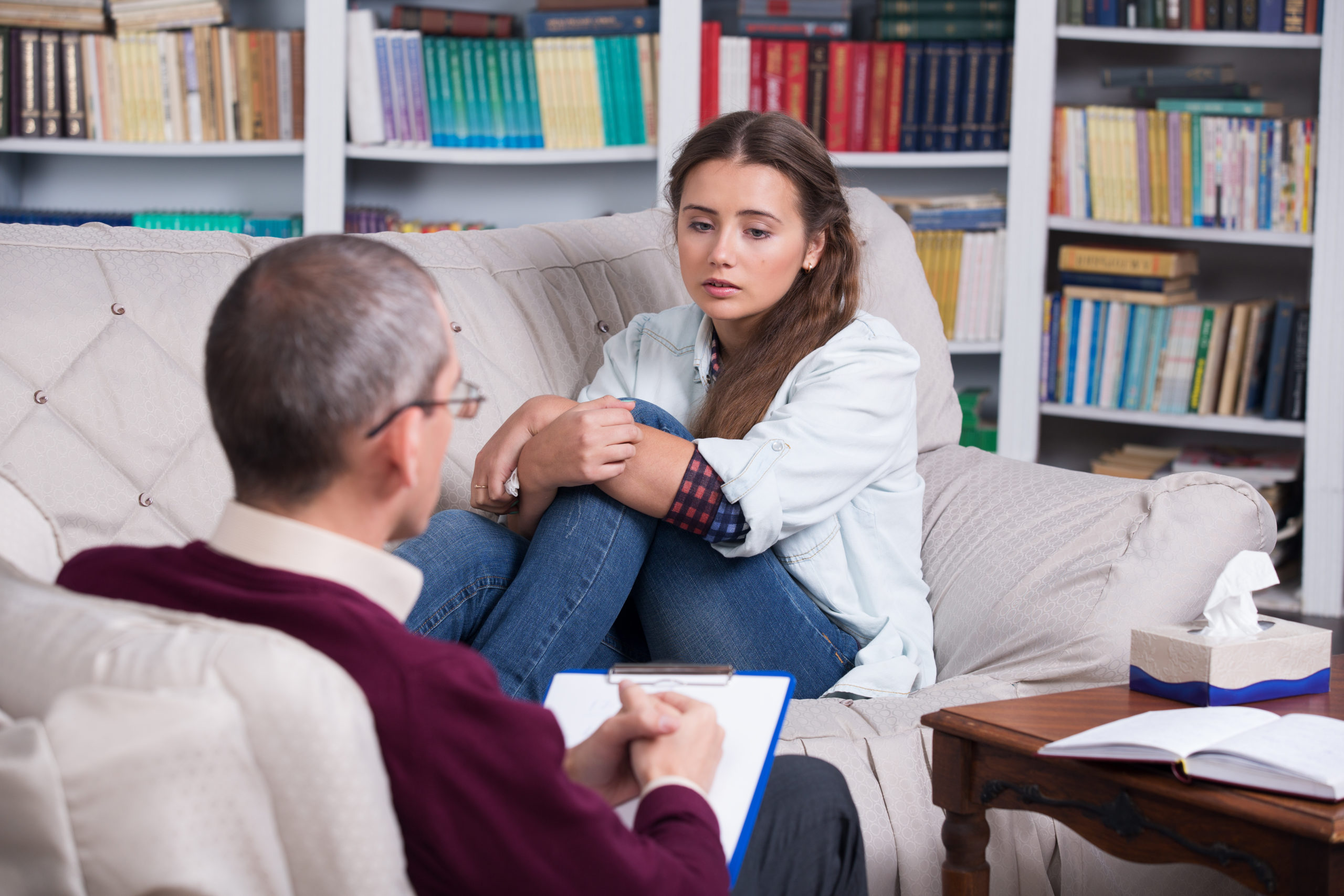7 Ways to Get Affordable Mental Health Care

By Cassie Shortsleeve
There are lots of ways to find low- or no-cost mental health care. Not sure where to begin? Here are seven affordable mental health care options.
1. Text or Call for Help Right Away
If you or someone you know needs to talk to someone right now, text, call, or chat 988 for a free confidential conversation with a trained counselor 24/7.
You can also contact the Crisis Text Line by texting HOME to 741-741.
2. Make use of other hotlines with people trained to support you
- Call 800-852-8336: From 6 p.m. to 10 p.m. PST each night, you can connect to the Teen Line, an anonymous, nonjudgmental space for youth.
- Text TEEN to 839-863: Teen Line’s peer-to-peer support service enables you to talk with other teenagers who are trained in mental health support.
- Text START to 678-678 or call 866-488-7386: Reach trained mental health support from the Trevor Project, which specializes in supporting LGBTQ youth.
“People would be surprised if they knew how much intensive training folks who work on those lines get,” says Sarah M. Skoterro, a licensed mental health counselor with THIRA Health in Bellevue, Washington.
You can also find resources in your state. Washington, Oregon, Maine, California, and others offer crisis connection lines specifically for teens. Google your state and “teen hotline” or “teen crisis line” to find resources close to home.
3. See What Your School Offers
High schools and colleges often have on-site counseling staff you can talk to if you’re struggling. They may also have relationships with community-based organizations that offer low- or no-cost care.
4. Look for Low-Cost Therapy
Some therapists offer “sliding scale” or “pay what you can” payment structures. Others provide free counseling as a service to the community. This type of counseling isn’t always easy to find, but some states (Massachusetts, for example) offer free call lines that can connect you with free counseling or referrals to therapists.
Federally qualified health centers across the country provide mental health services, and many offer tele-counseling. They will help you even if you have no health insurance; you pay what you can afford based on your income. Use the health center locator tool to search for a health center by address, state, or county.
Another option is the Open Path Collective, a nonprofit network of mental health providers in all 50 states and Canada that provides inclusive and deeply reduced-cost therapy.
5. Find a Community Mental Health Center
Community health, behavioral health, or mental health centers exist all over the country. Some take insurance, while others are funded by donors, foundations, or hospitals. Most offer flexible fees and provide financial assistance. These centers also typically have bilingual providers and specialized programs such as substance misuse programs or services for refugees.
Check out your state, town, and local government websites to find a list of community health centers near you.
6. Make Use of Other Community Organizations
True connection—having people in your corner who can help you and hear you—is one of the best ways to take care of your mental health. Places to look for community support:
- Any religious organizations you are a member of (and where you feel supported).
- Coaches or leaders of organized activities you participate in.
- Your parents or your friends’ parents.
7. Learn Online
More and more websites offer free resources for mental health. Academic institutions—think hospitals and universities—with behavioral health departments or psychiatry departments often offer free content on their websites that can help you get started. Some even help you learn coping skills and find support.
- Vibrant Emotional Health’s Safe Space offers stories of real people and how they worked through mental health challenges, peer support from other people in your position, and calming exercises.
- On the Trevor Project’s website, you’ll find educational articles about mental health, sexual orientation, and gender identity, as well as volunteer opportunities and an online community to meet friends.
- The National Alliance on Mental Illness’s Peer-to-Peer groups offer eight free educational sessions for adults with mental health conditions.






